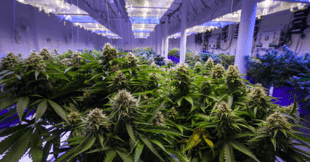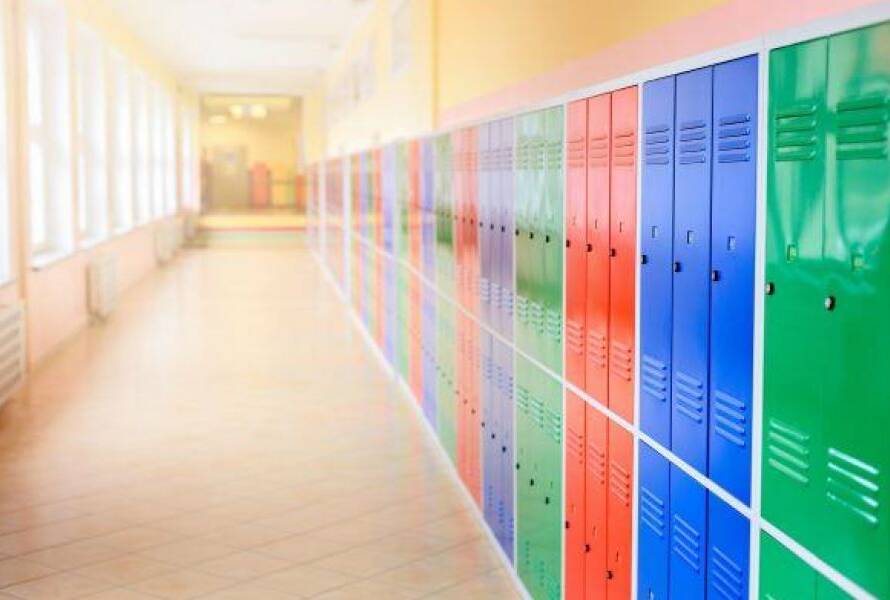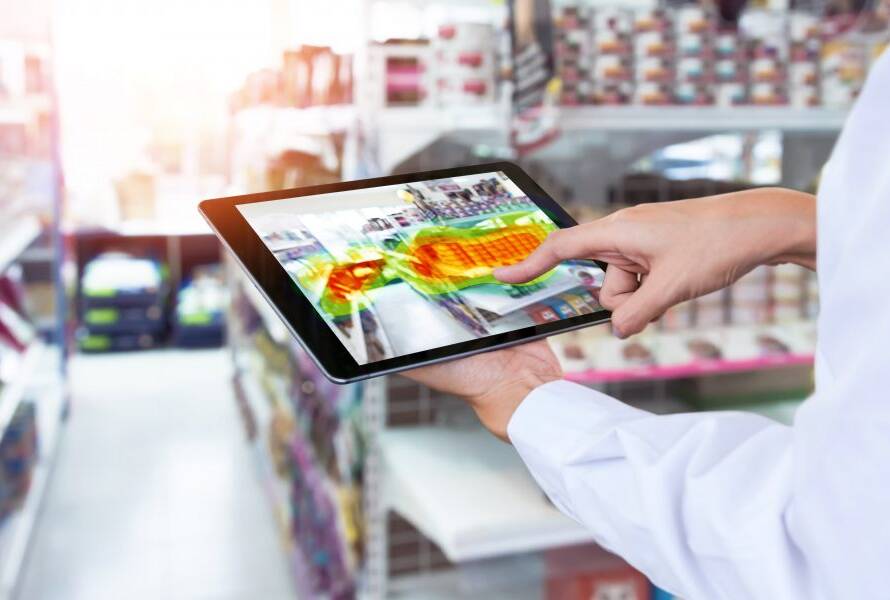
In the highly regulated and intricate cannabis industry, seed-to-sale surveillance is crucial for monitoring and auditing transactions. This process ensures compliance with regulations imposed by state regulatory commissions, as well as any additional rules at the county or city level.
Video surveillance plays a vital role in various aspects of a grow facility, particularly in ensuring safety for operations, products, and employees. Employee safety is a significant concern, as slip and fall incidents have occurred in the past within such facilities. By having surveillance cameras in place, these incidents can be prevented or quickly addressed.
Internal theft is another issue that can be mitigated through video surveillance. Cameras act as a deterrent and allow for the identification of any employees involved in stealing products, such as those working in processing rooms who may pocket items for personal use.
Surveillance also enables the tracking of employee location, ensuring they are where they should be during designated rest and growth periods. By confirming this information through camera footage, interruptions to the growing process can be minimized. Chemical rooms, where fertilizers are mixed for different grow rooms, can also be monitored through video surveillance, ensuring proper procedures and preventing unauthorized access.
The use of video surveillance provides an invaluable time and date stamp for activities within the grow facility. This information is essential for owners, operators, and regulatory branches to maintain transparency and accountability.
When designing security plans, there are a few key elements that must be considered to ensure compliance within the cannabis business operation. Regarding camera capabilities, it is crucial for surveillance systems to function effectively in low-light or no-light environments. In grow facilities where plants are at rest or in darkness, cameras must still capture clear video of the plants, as well as the heads, hands, and feet of individuals present. Some camera manufacturers offer technology that allows for visibility of plants with minimal illumination, avoiding disruptions to the rest mode.
Additionally, surveillance plays a role in tracking diseased plants, as regulations require proper documentation and disposal. If a plant is diseased, it must be quarantined for a specified period, depending on state requirements. The relevant authorities need to be notified for examination before the plant can be destroyed.
In summary, video surveillance is vital in the seed-to-sale process of the highly regulated cannabis industry. It ensures compliance, prevents incidents such as employee theft and accidents, and provides crucial documentation for transparency and accountability.
Read the full article on Security Today
Blake Albertsen
Blake Albertsen is a Senior Regional Sales Manager for Salient covering the beautiful Pacific Northwest. He provides sales support for Alaska, Washington, Oregon, Idaho, Montana and Western Canada. As a physical security industry veteran, Blake is known for supporting his customers from planning, consulting, sales, design, deployment, to technical assistance on the projects he touches. Blake prioritizes each relationship with a foundation built on trust and with a goal of achieving maximum ROI on his client’s investments.




